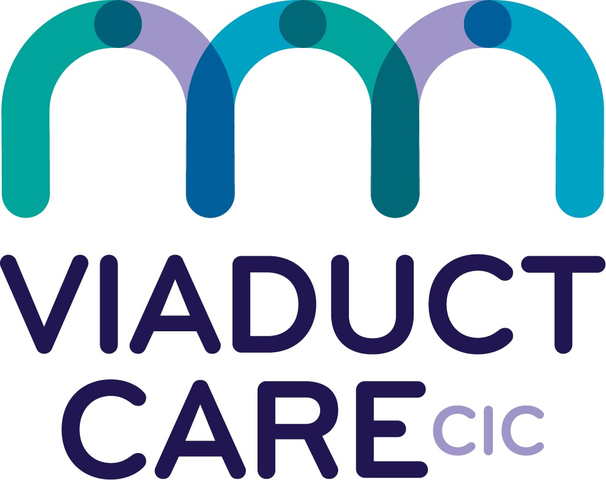Chaperone Service
Viaduct Care is committed to providing a safe, comfortable environment where patients and staff can be confident that best practice is being followed at all times and the safety of everyone is of paramount importance.
Viaduct Care CIC recognises that clinical consultations, examinations and investigations have the potential to cause some people distress and in these situations the use of a chaperone may be preferred.
All patients have the right, if they wish, to have a chaperone present during an examination, procedure,
treatment or any care irrespective of organisational constraints or settings in which they are carried out. If a suitable chaperone is not available then the examination should be deferred, providing that a delay would not be harmful to the patient’s health.
At variety of people can act as a chaperone in the workplace. Ideally this should be a member of the clinical team who is familiar with the procedural aspects of personal examination. This will usually be a doctor, nurse or health care assistant.
Non-clinical staff can act as formal chaperones providing the following criteria are met:
- Following discussion with the patient, they consent to and are at ease with having a non-clinician
present to observe the examination. - The staff member has had appropriate training in the procedural aspects of personal examinations
- The staff member is comfortable to act as a chaperone.
- The staff member has received instruction about where to stand during the examination and what
observations to make.
A patient’s relative, friend, legal guardian, non-clinical staff member untrained in chaperoning or healthcare student is not an impartial observer and so would not be a suitable chaperone, but staff should comply with a reasonable request to have such a person present as an informal chaperone in addition to a formal chaperone.
.
